20, October 2022
Yaoundé battles cholera outbreak as floods ravage border areas 0
Cameroon says a fresh wave of cholera outbreak provoked by ongoing floods in its northern border with Chad and Nigeria has killed at least 17 people and many more are feared dead in difficult-to-access villages within a week. An emergency meeting by government officials and relief agencies on Wednesday ordered the deployment of humanitarian workers to overcrowded hospitals, especially on the border with Nigeria.
Cameroon’s Public Health Ministry officials say several hundred fresh cholera cases have been detected on the country’s northern border with Nigeria with at least 17 people dead and many other civilians in desperate conditions at hospitals.
The government of the central African state on Wednesday said the death toll and suspected infections may be higher as humanitarian workers are not able to travel to towns and villages that are difficult to access.
The government says insecurity from ongoing Boko Haram terrorist attacks prevents aid workers from providing assistance to suspected cholera patients in some localities on Cameroon’s northern border with Chad and Nigeria.
Midjiyawa Bakary, the governor of Cameroon’s Far North region on the border with Chad and Nigeria, says he presided at an emergency meeting ordered by Cameroon president Paul Biya on Wednesday.
Bakary says it was decided that all civilians on Cameroon’s northern border with Chad and Nigeria should immediately respect measures taken at the emergency meeting to reduce or stop the wave of cholera attacks. He says local councils must construct community toilets and latrines, civilians must use the toilets and people should stop drinking water from flooded streams that are likely contaminated. Bakary says Cameroon’s military will protect health workers dispatched to areas still suffering Boko Haram attacks.
Bakary said humanitarian workers in affected towns and villages are instructing civilians on consuming cooked food and boiling water to reduce cholera contamination and infections, especially among children.
Bakary called on civilians to stop the practice of defecating in streams, fields, forests, bushes, lakes and rivers and to wash their hands with soap and clean water regularly.
The government says Mayo-Sava, a department on Cameroon’s northern border with Nigeria, is hardest hit by the cholera outbreak.
Roger Saffo, the highest government official in Mayo-Sava, says international relief agencies are donating personal hygiene to children and medication for aid workers to take care of the needs of civilians in affected towns and villages.
“We have already received sanitary kits from the regional office of the World Health Organization based in Maroua and Doctors Without Borders which has permitted the medical personnel to take care of the suspected cases, disinfection of infected localities in collaboration with the community in Mayo-Sava division,” he said, speaking via the messaging app WhatsApp from Mora, the capital of Mayo-Sava.
The government says floods are triggering the spike in cholera cases.
Linda Esso, deputy director for the Fight against Epidemics and Pandemics at Cameroon’s Public Health Ministry, says Cameroonians should not think that the ongoing wave of infections originates in Nigeria, which reported a cholera outbreak after this month’s deadly floods on the border with Cameroon. She says there are possibilities that some civilians infected or affected by the outbreak are moving to access hospitals on both sides of the border to seek help.
The U.N. reports that up to this month, more than 1,000 cases of cholera were reported in Borno, Adamawa and Yobe — states in Nigeria that share a border with northern Cameroon and Chad.
Esso said the cholera outbreak is spreading rapidly in areas of the Lake Chad basin that are shared by Cameroon, Chad, Nigeria, Niger and the Central African Republic.
Cameroon government officials say they have engaged in discussions with Nigeria and Chad to jointly combat the outbreak along their borders.
Cholera is a bacterial infection that causes severe diarrhea and dehydration, usually spread over water. It can be fatal if not treated in hospitals.
Cameroonian health officials are asking people with confirmed and suspected cholera cases to refrain from seeking treatment from African traditional healers.
Source: VOA
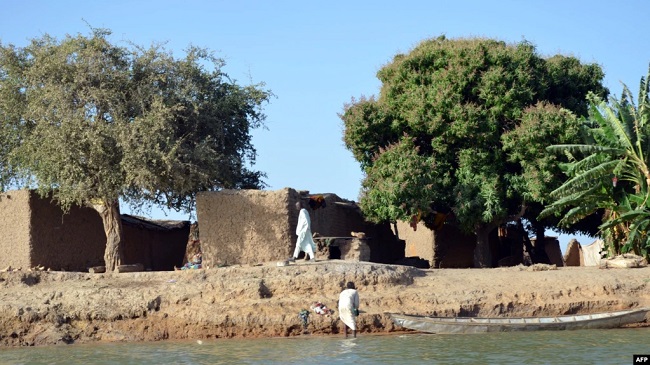
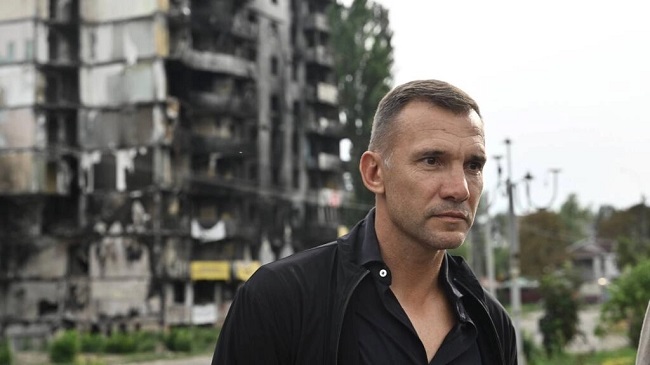
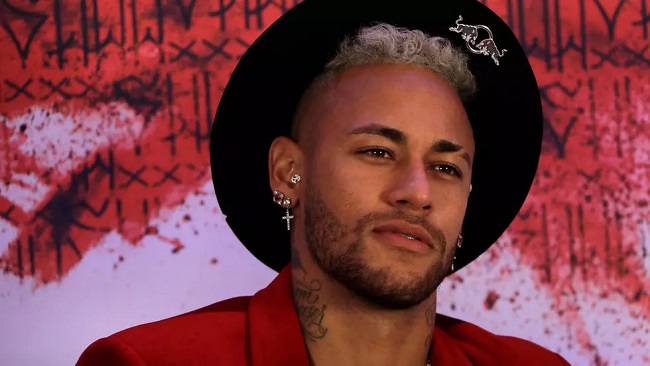
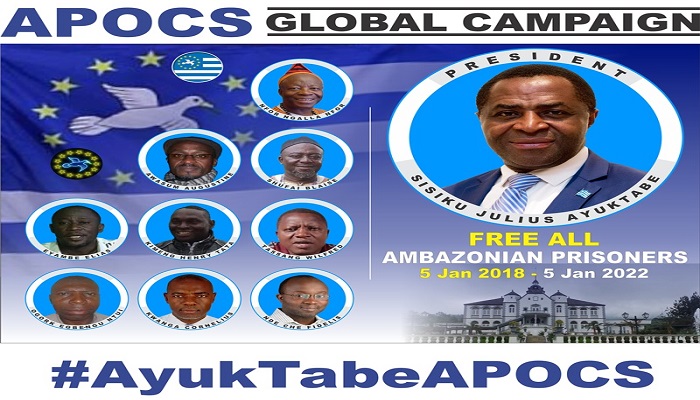
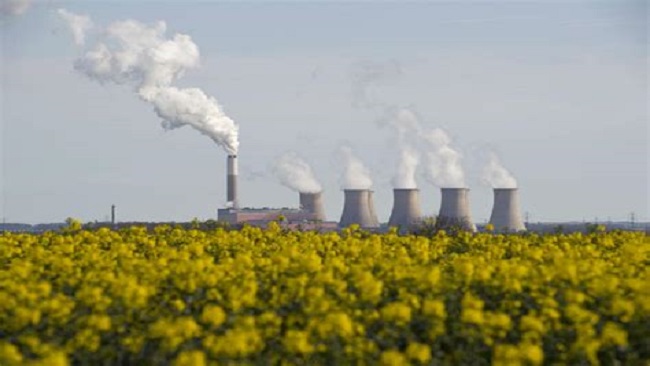

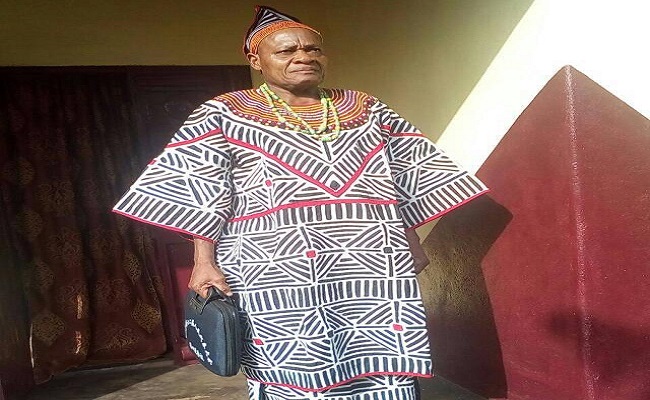
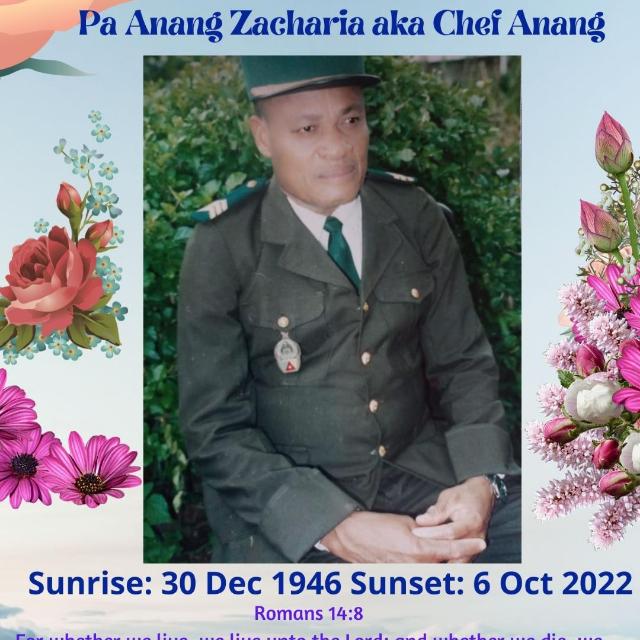




















20, October 2022
Priests abducted in Southern Cameroons last month plead for release in new video 0
A video has emerged on social media that shows five Catholic priests, a nun, and three others who were kidnapped last month in Cameroon’s Mamfe Diocese pleading with their local ordinary to secure their release.
On Sept. 16, unidentified gunmen attacked St. Mary’s Catholic Nchang Parish of Mamfe Diocese in Cameroon. Nine people were abducted and buildings on the parish premises, including the church, were burned down.
The attackers kidnapped Father Elias Okorie, Father Barnabas Ashu, Father Cornelius Jingwa, Father Job Francis Nwobegu, Father Emmanuel Asaba, Sister Jacinta C. Udeagha, Nkem Patrick Osang (an assistant catechist), Blanche Bright, and Mme. Kelechukwu.
In the 45-second video circulated Oct. 19, Father Jingwa, one of the abductees, provides updates about their welfare and pleads with Bishop Aloysius Fondong Abangalo to do “everything possible” to secure their release.
“So far it has not been easy. If you look at us, you will see our faces are very dismal, very unhappy,” Jingwa says in the video.
He adds: “It is quite difficult and we are only begging My Lord that you do everything possible to get us out of here.”
“It is a matter of do or die,” the priest laments.
“You see for example, I have been very sick, my brothers too are not feeling fine at all,” he continues.
“Please kindly, My Lord, help get us out of here. Do whatever it takes to listen to this voice and do what they ask of you. Thank you.”
In a Sept. 21 interview with ACI Africa, Archbishop Andrew Nkea Fuanya of Cameroon’s Bamenda Archdiocese said the abductors “are only asking for money.”
“Those who abducted these people and set the church ablaze are only asking for ransom,” Nkea said.
“They are demanding $100,000 and they have been arguing and coming down. They are somewhere around $50,000 but we don’t have even a dollar to pay for this kind of thing,” he added.
According to Nkea, the abductors, who claim to be separatist fighters, “see the Church as a soft target to be able to make money.”
“But the Church has no money to pay ransom,” Nkea told ACI Africa.
The archbishop further said that the abductors “are claiming that the Church has not been supporting the struggle for independence by separatist fighters and so they want money.”
“We have tried to explain to all those who have … tried to abduct ministers of the Church that the Church cannot be paying ransom to separatist fighters or to criminals,” said Nkea, who has been head of the Bamenda Archdiocese since February 2020.
The arson attack on St. Mary’s Catholic Nchang Parish is one of the latest incidents in the conflict in Cameroon’s English-speaking northwest and the southwest regions. The conflict was sparked by a protest involving lawyers and teachers in 2016.
An armed separatists’ movement claiming independence for the so-called republic of Ambazonia emerged following the government’s crackdown on the protests.
English is spoken by about 20% of Cameroon’s population, who have long complained about being marginalized by the French-speaking ruling class.
On Sept. 17, members of the Bamenda Provincial Episcopal Conference called on those behind the abduction “to release them without further delay.”
In a statement issued Sept. 21, Bishop Abangalo appealed for prayers for the safe release of the nine abductees.
Source: ACI Africa